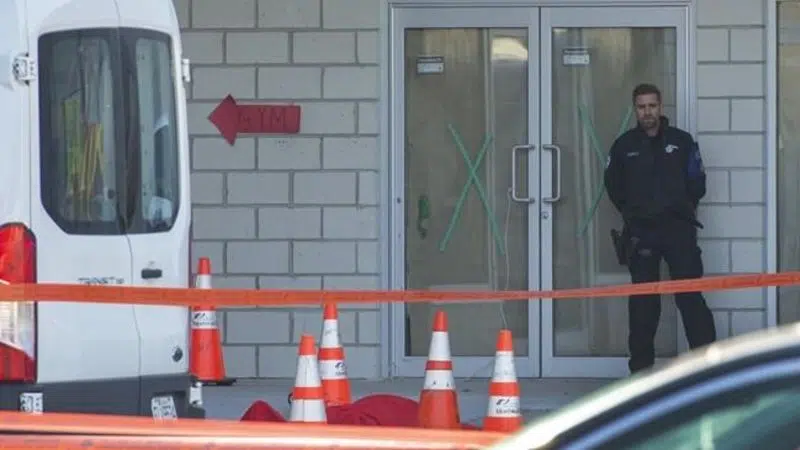
As brazen organized crime shootings hit Montreal, police mum on extent of problem
MONTREAL — A panicking woman spins in circles and screams for her children. Well-dressed party-goers in the posh hotel lobby are frantic. A uniformed officer is on his knees, trying to pump life back into a dying Mafioso.
These scenes were captured in shaky camera footage, later published by the Journal de Montreal, on the night of May 4 after mobster Salvatore Scoppa was shot dead in a suburban Montreal hotel. Five months later, his brother, Andrea “Andrew” Scoppa, described in news reports as an influential Mafia figure, was shot in the head in a west-end Montreal parking lot — one of 17 organized crime-linked murders in the greater Montreal area this year.
Analysts say these types of shootings are becoming more frequent and more brazen, but they criticize police for a lack of transparency about the extent of the city’s crime problem. Police refuse to say whether the Montreal area is witnessing more shootings in 2019 than in past years.
While murders of organized crime members are nothing new in the city, retired detective Guy Ryan says Montreal is also witnessing a lot of what he called “disorganized crime.” He pointed to an October attack on a hookah lounge in the St-Leonard borough — also caught on camera and published by the Journal de Montreal.
